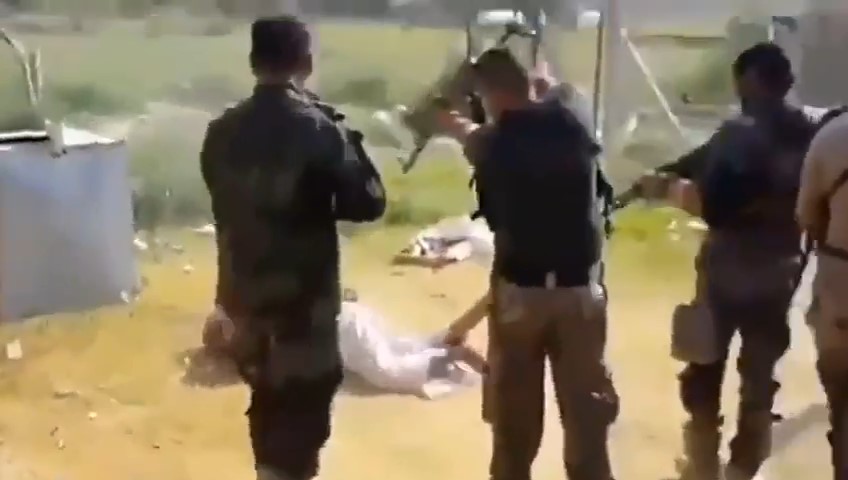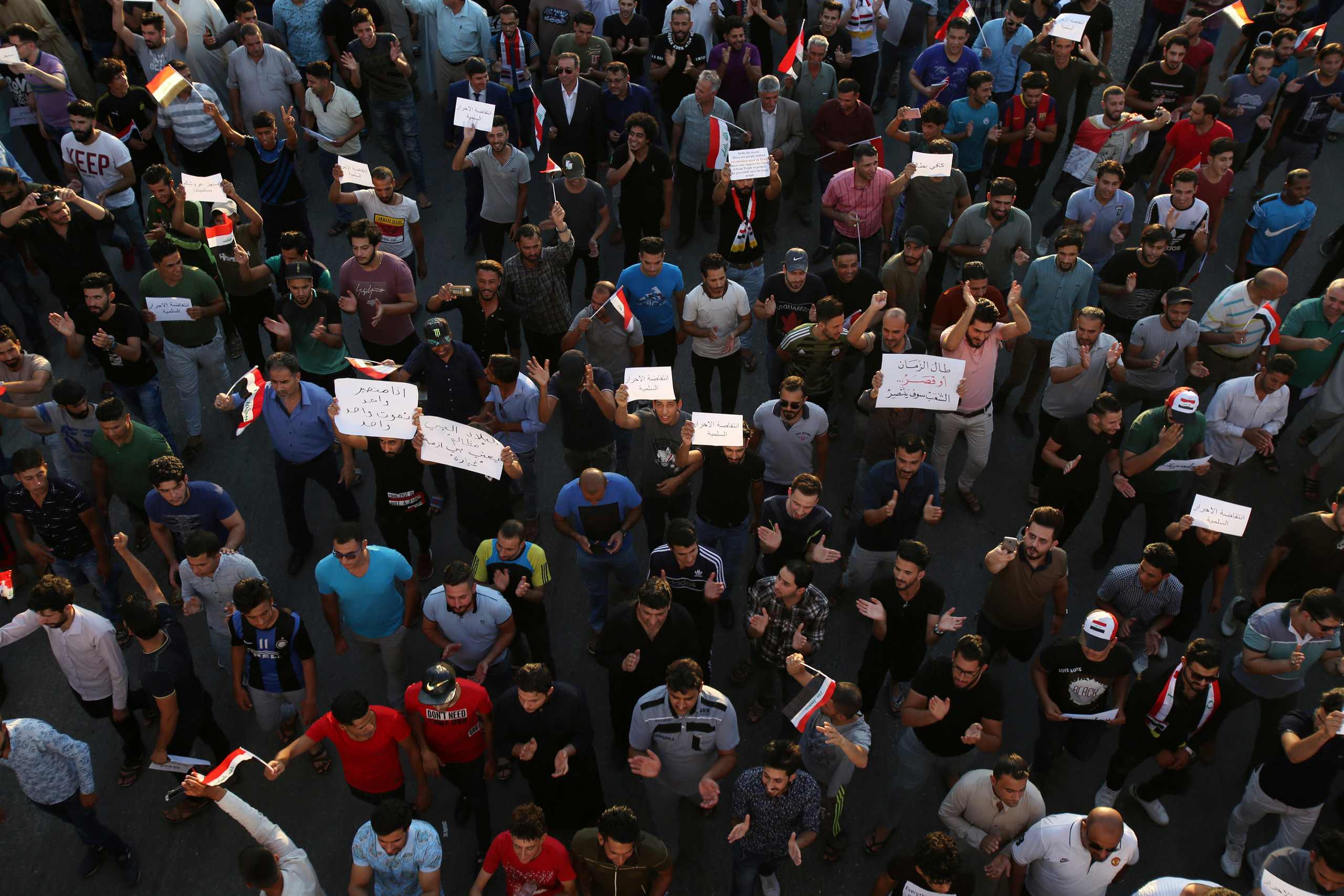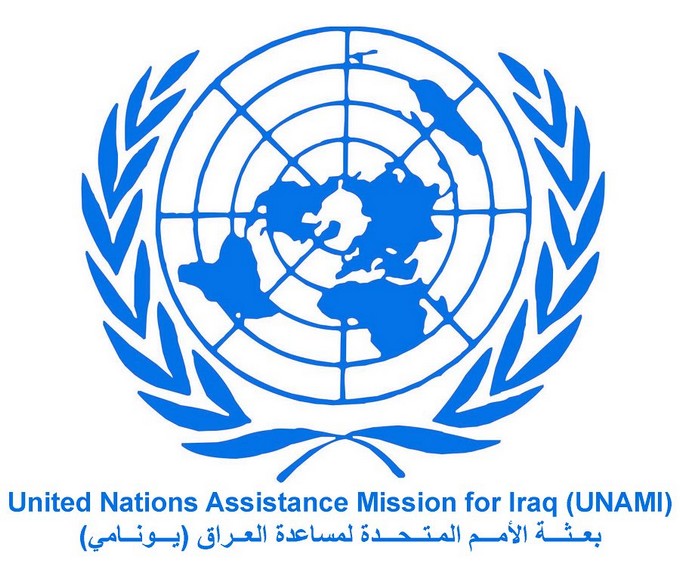13.07.2020
COMMITTEE ON THE ELIMINATION OF DISCRIMINATION AGAINST WOMEN
(CEDAW)
Written by: Eva Kehoe, GICJ
CONTENTS:
I. Introduction
II. Convention
- Initial and Periodic Report
- Consideration of the Reports by the Committee
- Follow-up to Concluding Observations
IV. Procedures
I. Introduction
The Committee on the Elimination of Discrimination against Women is the body of independent experts that monitors implementation of the International Convention on the Elimination of All Forms of Discrimination against Women (ICEDAW). This is achieved through two functions. On the one hand, the Committee oversees the reporting requirements of States in matters affecting ICEDAW, on the other, it is competent to receive and follow up on complaints of violations submitted by private actors claiming to be victims of discrimination.
CEDAW is a comprehensive international instrument dealing with discrimination against women and girls. Its main aim is to end discrimination against women and girls in all areas of life. As a UN treaty-based convention, it is legally binding.
The Committee consists of 23 independent experts which are elected by State parties on a four-year rotating basis. It meets for 3 sessions per year in Geneva, with the Office of the High Commissioner on Human Rights (OHCHR) serving as its secretariat.
The Committee prepares recommendations directed to Governments on how to better implement the Convention – the so-called Concluding Observations. The CEDAW Committee also publishes General Recommendations, which serve as guidance on specific articles of the CEDAW or addressing issues which the Convention.
CEDAW also has the competence to receive complaints. Unlike other Human Rights treaties, ICEDAW does not provided for a procedural mechanism allowing individuals to file complaints against a breaching party. This aspect was included in the Committee’s mandate through the 2013 Optional Protocol, which limited the Committee’s competence to complaints file by individuals. However, CEDAW is not competent to receive official complaints submitted by a State party against another.
This report shall present the three main aspects of CEDAW. First, it will elaborate on the ICEDAW, which is founding document of the Committee. It will then explain the reporting requirements that States have pledged to undertake. Third, the complaint mechanism, detailed in the OP, will be mentioned. Finally, the report will present the significant role of NGOs in the Committee’s operations.
II. Convention
To fully understand the work of CEDAW, one must start with the Convention on the Elimination of All Forms of Discrimination against Women (CEDAW), which was adopted by the UN General Assembly in Resolution 34/180 of 18 December 1979[1]. It came into force on 3 September 1981, 30 days after the date of deposit of the 20thinstrument of ratification. By June 1990, 103 countries had ratified the Convention. The Convention currently has 189 states parties. Thus, the vast majority of the member states of the UN (193) have voluntarily agreed to respect, protect, promote and fulfil the human rights of women under all circumstances[2].
By ratifying the Convention, the States not only agree to apply the Convention everywhere in their country, but they also consent to submitting reports on measures taken to attain this objective, especially to remove obstacles and constraints encountered. Women contribute significantly to the economic, social, and cultural development of their families and their countries. Despite the universal acknowledgement of gender equality, women’s rights are still violated.
The principle objective of the Convention is to eliminate all attitudes, practices, and preferences based on sex, which put women in an unfavourable position in the society[3]. The convention comprises of two major sections. First, it contains the preamble explaining the set of profound reasons underlying the commitment of the States Parties in signing the convention. Second, it details the various women’s
rights it protects. By ratifying ICEDAW, state parties agree to apply the convention and to submit reports on measures taken to attain this objective.
According to the Convention the definition of discrimination against women as “any distinction, exclusion or restriction made on the basis of sex which has the effect or purpose of impairing or nullifying the recognition, enjoyment or exercise by women, irrespective of their marital status, on a basis of equality of men and women, of human rights and fundamental freedoms in the political, economic, social, cultural, civil or any other field”[1].
|
Discrimination against women is primary concerned with the following cases:
|
The hardship faced by rural women is specifically provided for, under Article 14 of the Convention[1]. States must ensure that women have equal access to land, as well as the following:
- the elaboration and implementation of development planning
- health care facilities and information
- education and training and especially functional literacy
- economic advantages especially when there is agrarian reform
- modern marketing facilities and technology
- adequate and healthy living conditions

III. Reporting
Initial and Periodic Report
A State party is obligated to present an initial report to CEDAW one year after ratification. Such a report serves to present the current situation, as well as progress, of legislative and administrative policies which have been enacted pursuant to its obligation under ICEDAW.
In addition, every four years a Periodic Report is submitted by each state regarding measures taken to implement the obligations under the treaty[1].
The Committee usually invites eight States parties to present their reports at each of its sessions.
In cases of failure to submit or late submission of reports to the committee, the Secretary-General shall notify the Committee. In such cases, the Committee may transmit to the State party concerned a reminder concerning the submission of the report or the additional information. If the State party does not submit the report or the additional information sought, the Committee may include a reference to this effect in its annual report to the General Assembly. Moreover, the Committee may allow States parties to submit a combined report comprising no more than two overdue reports.
The Committee may also consider a report in the absence of representatives of a State party, if warranted. It may also consider the implementation of the Convention in the absence of a report as a measure of last resort.
|
Article 18
(b) Thereafter at least every four years and further whenever the Committee so requests |
Consideration of the Reports by the Committee
Once a report is submitted, a pre-sessional working group of the Committee, with the support of the secretariat, draws up lists of issues and questions with regard to State party reports which the Committee will consider at a later session, focusing on major areas of concern with regard to the implementation of the Convention. The pre-sessional working group meets in closed meetings for five days directly after a plenary session and is composed of five members of the Committee.
The lists of issues and questions are then sent to the States parties concerned, who are then invited to provide their responses within two to three months[2].
During a regular session, the Committee engages in a constructive dialogue with representatives of the reporting State. The Head of the delegation of the State party makes an introductory statement, which is then followed by questions from experts.
The Committee holds a closed meeting after the dialogue to consider the main issues. It then adopts concluding observations on the reports
Concluding observations usually follow a standard format. It includes an “introduction” indicating whether the report complies with the Committee’s reporting guidelines and notes the level of the delegation and the quality of the dialogue. A section on “positive aspects” follows, referring to legislation and policies that have been enacted pursuant to the goals of ICEDAW. In the last section the Committee formulates concrete recommendations for measures to be taken by the State party. The concluding observations also set out the date when the State party’s next periodic report is due.
Follow-up to Concluding Observations
If the Committee is not satisfied that the information received is reliable, or that the information indicates grave or systematic violations by the State party concerned, the Committee shall invite the State partyto submit observations with regard to that information within fixed time limits.
Taking into account any observations that may have been submitted by the State party concerned, as well as other reliable information, the Committee may designate one or more of its members to conduct an inquiry and to make a report within a fixed time limit.
With the consent of the State party concerned, visits may include hearings to enable the designated members of the Committee to determine facts or issues relevant to the inquiry.
After examining the findings of the designated members submitted in accordance within rule 84 of the present rules, the Committee shall transmit the findings, through the Secretary-General, to the State party concerned, together with any comments and recommendations.
IV. Procedures
The third step in the Committee’s evolution is its complaint procedure, which was established by the Optional Protocol[3]. Through this document, State parties recognized the competence of the Committee to receive complaints from States and individuals, which, in turn, may lead to formal inquiries.
|
Article 2 Communications may be submitted by or on behalf of individuals or groups of individuals, under the jurisdiction of a State Party, claiming to be victims of a violation of any of the rights set forth in the Convention by that State Party. Where a communication is submitted on behalf of individuals or groups of individuals, this shall be with their consent unless the author can justify acting on their behalf without such consent. Art. 2Optional Protocol to the Convention on the Elimination of All Forms of Discrimination against Women |
Individual complaints
Any individual may submit a complaint if the targeted state is a party to the treaty and has accepted the committee’s competence to examine individual complaints[4].
Individuals must be aware that the UN does not provide legal aid in these cases. Complaints can be brought on behalf of the alleged victim but with his or her written consent. In some cases, such consent is not required. This may be the case if the alleged victim is in prison without access to the outside world is a victim of an enforced disappearance. However, in such cases the complainant should state clearly why the consent cannot be provided.
In such submissions, the complainant will specify the rights set out in the treaty that have allegedly been violated, as well as describe the facts constituting a violation of the CEDAW.
The remedies sought to be obtained from the State should be included.
|
Article 1 A State Party to the present Protocol recognizes the competence of the Committee on the Elimination of Discrimination against Women to receive and consider communications submitted in accordance with article 2. Art. 1 Optional Protocol to the Convention on the Elimination of All Forms of Discrimination against Women |
Inquiry Procedure
Upon receipt of reliable information of serious, grave, or systematic violations by a State party of the Convention, CEDAW may initiate inquiries.
As elaborated in Article 8 of the OP, inquiries may only be conducted with respect to States parties that have recognized the competence of the Committee to do so. States parties may opt out from the inquiry procedure, at the time of signature or ratification or accession, according to article 10 of the Optional Protocol to CEDAW by making a declaration that they do not recognize the competence of the Committee in question to conduct inquiries.
The Committee invites the State party to submit observations. Based on these observations and other relevant information available to it, the Committee may decide to designate one or more of its members to conduct an inquiry. Where warranted and with the consent of the State party concerned, an inquiry may include a visit to its territory.
The findings of the member(s) are then examined by the Committee and transmitted to the State party together with any comments and recommendations.
The inquiry procedure is confidential, and the cooperation of the State party is sought at all stages of the proceedings.
|
Article 8
Art. 8.1 Optional Protocol to the Convention on the Elimination of All Forms of Discrimination against Women |
V. NGO Participation
State reports are usually one-sided and give only half of the story: The State’s, and NGO reports provide additional information to the Committee. When dealing with politicized reports, it is important to be cautious and remain sceptical. The Committee can only function if it is given reliable, factual, and objective information. NGO reports are also an important tool, as they are the best way for non-state actors to speak freely and provide as much information as possible. NGOs are also encouraged to submit their reports or other country specific information to the pre- session working group. NGO representatives attending the pre-session working group may send their submissions
NGO Reports
State reports are usually one-sided and give only half of the story: The State’s, and NGO reports provide additional information to the Committee. When dealing with politicized reports, it is important to be cautious and remain sceptical. The Committee can only function if it is given reliable, factual, and objective information. NGO reports are also an important tool, as they are the best way for non-state actors to speak freely and provide as much information as possible. NGOs are also encouraged to submit their reports or other country specific information to the pre- session working group. NGO representatives attending the pre-session working group may send their submissions
Participation in Meetings
The Committee has set aside time at its sessions for NGOs to provide oral information in respect of countries being considered during the respective session.
Oral interventions by NGOs must be concise. On average, not more than 10 minutes overall are allocated for all NGOs wishing to intervene on one country.
An example of GICJ’s participation with the CEDAW can be found on our website:
https://www.gicj.org/topics/discrimination/310-57th-cedaw-session
[1] OHCHR: CEDAW, https://www.ohchr.org/EN/ProfessionalInterest/Pages/CEDAW.aspx
[2] OHCHR https://www.ohchr.org/EN/HRBodies/CEDAW
[3] UK Government Equalities Office : Convention on the Elimination of All Forms of Discrimination against Women (CEDAW) Articles, https://www.gov.uk/government/publications/convention-on-the-elimination-of-all-forms-of-discrimination-against-women-cedaw-articles
[4]UN Women: CEDAW, https://www.un.org/womenwatch/daw/cedaw/
[5] Pruitt L. R (2011): Deconstructing CEDAW’s Article 14: Naming and Explaining Rural Difference, https://papers.ssrn.com/sol3/papers.cfm?abstract_id=1770054
[6] UN CEDAW : RULES OF PROCEDURE OF THE COMMITTEE ON THE ELIMINATION OF DISCRIMINATION AGAINST WOMEN, https://tbinternet.ohchr.org/Treaties/CEDAW/Shared%20Documents/1_Global/Part%20of%20HRI_GEN_3_Rev-3_7080_E.pdf
[8] OHCHR CEDAW https://www.ohchr.org/EN/HRBodies/CEDAW/Pages/WorkingMethods.aspx
[9]OHCHR: Optional Protocol to the Convention on the Elimination of All Forms of Discrimination against Women, https://www.ohchr.org/EN/ProfessionalInterest/Pages/OPCEDAW.aspx
[10] Id.
[11]UN Women : NGO Participation at CEDAW sessions, https://www.un.org/womenwatch/daw/ngo/cedawngo.html
Click here to download the full report












